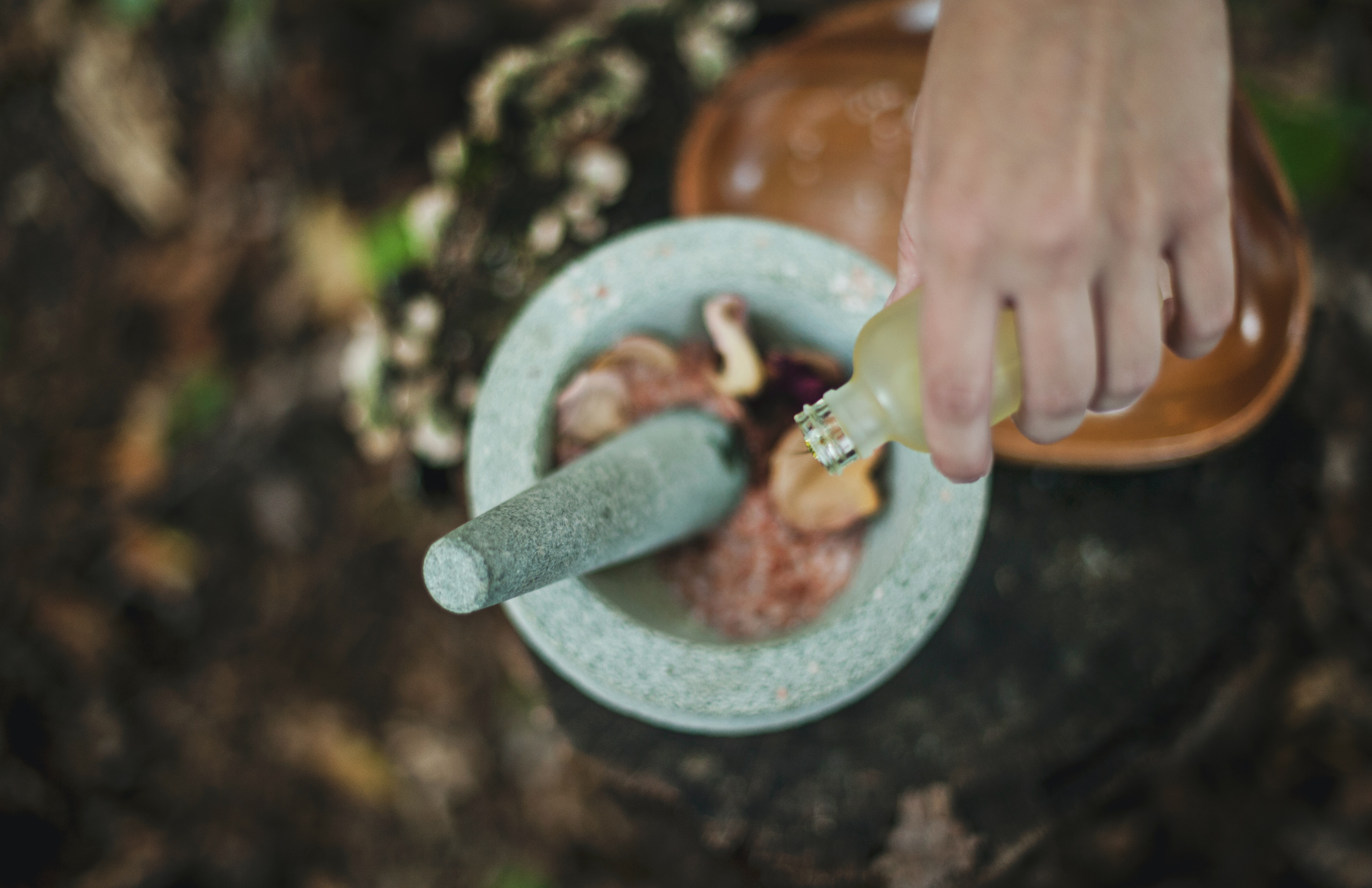
Herbs have been used for centuries to treat various ailments, improve overall well-being, and add flavor to our dishes. Today, more and more people are discovering the power of nature’s medicine cabinet. In this article, we will explore a few essential herbs that you can utilize for their natural healing properties and rejuvenating effects.
CBD Oil in Herbal Medicine
As the acceptance and popularity of herbal medicine continue to grow, the use of CBD oil has emerged as an additional natural remedy to support overall health and well-being. Broad spectrum CBD oil has been found to be effective in supporting mood and sleep and offering relief from pain and inflammation. Incorporating CBD oil into your daily regimen may complement the healing properties of other herbs in your home garden.
Chamomile: The Calming Tea-time Savior
Chamomile has long been hailed as a calming herb, perfect for alleviating stress and anxiety and promoting a good night’s sleep. Steep the flowers in hot water to create a soothing, fragrant tea that eases the mind and body. Aside from its calming effects, chamomile can also be used to treat skin irritations and inflammations, thanks to its natural anti-inflammatory properties.
Lavender: An Aromatic Way to Unwind
Lavender, one of the most popular herbs for relaxation and stress relief, is widely used in essential oil and aromatherapy products. Planting this fragrant herb in your garden not only attracts bees and butterflies, but it can also be utilized as a natural remedy for headaches, insomnia, and anxiety. Lavender-infused oils and balms can be applied topically to soothe and heal irritated skin, insect bites, and minor burns.
Mint: A Refreshing Remedy for Digestion
Mint is an easy-to-grow herb that not only adds a refreshing zing to your dishes but also has a range of medicinal uses. This delightful herb is known for soothing an upset stomach, relieving digestive discomfort, and freshening breath. Additionally, inhaling the aromatic scent of mint can reduce stress and boost mental focus.
Rosemary: A Cognitive Boost for Memory and Focus
Rosemary is an evergreen herb with needle-like leaves that adds depth to your dishes and can enhance cognitive function. This powerful herb is packed with antioxidants and has been linked to improved memory, concentration, and overall mental performance. In addition, its anti-inflammatory properties make it a beneficial herb for relieving joint and muscle pain.
Thyme: The Immune System Supporter
Thyme is a versatile herb that not only flavors your dishes but also provides a boost to your immune system. Rich in antioxidants, thyme is an effective remedy for respiratory issues, like coughs and bronchitis. It has strong antibacterial properties, making it ideal for treating minor infections and soothing a sore throat. Thyme-infused honey can be used as a natural cough suppressant.
Calendula: The Wound-Healing Wonder
Known for its vibrant yellow-orange petals, calendula is a popular choice for home gardeners and a powerful wound-healing herb. It boasts anti-inflammatory and antimicrobial properties, which help to reduce redness and swelling and prevent infection in minor cuts and scrapes. Calendula-infused oils, ointments, and salves can soothe and heal numerous skin irritations, including burns, rashes, and insect bites.
Sage: The Throat-Soothing Soother
Sage is an easy-to-grow herb that has a long history of use for its medicinal properties. Among its many benefits, sage is known for its throat-soothing abilities. Sage tea can be an effective treatment for sore throats, coughs, and even laryngitis. Aside from this, sage has anti-inflammatory properties, which help to alleviate joint pain and digestive issues.
Basil: The Heart-Healthy Hero
Basil, a popular herb in many cuisines, offers numerous health benefits. Rich in antioxidants, vitamins, and minerals, this versatile herb supports heart health and can help balance blood sugar levels. Its anti-inflammatory properties can alleviate discomfort from arthritis and digestive issues. Topically, applying basil-infused oil can bring relief from insect bites, skin irritations, and minor wounds.
Lemon Balm: The Uplifting Stress Reducer
Lemon balm is an uplifting herb with a delightful citrus scent that can help ease anxiety, stress, and mild depression. Its calming properties make it effective in treating insomnia and promoting relaxation. As a natural antiviral, it has been used to treat cold sores, and when used as an infused oil, can help alleviate muscle and joint pain.
Echinacea: The Immunity-Enhancing Powerhouse
Echinacea, a beautiful purple coneflower, is well-known for its immune-boosting properties and is often used to prevent and ease cold and flu symptoms. With its natural anti-inflammatory and antiviral properties, echinacea also promotes skin health by soothing irritations, rashes, and wounds. Consuming echinacea tea or supplements can help support the body’s natural defenses in the seasonal fluctuations.
Conclusion
With their numerous health benefits and ease of cultivation, introducing these herbs into your diet or wellness plan is a great way to embrace the healing power of nature. Incorporating these plants into your daily life can not only enhance your dishes but also provide natural remedies to support your overall well-being. Start your healing journey today, and enjoy the countless benefits these incredible herbs have to offer.
